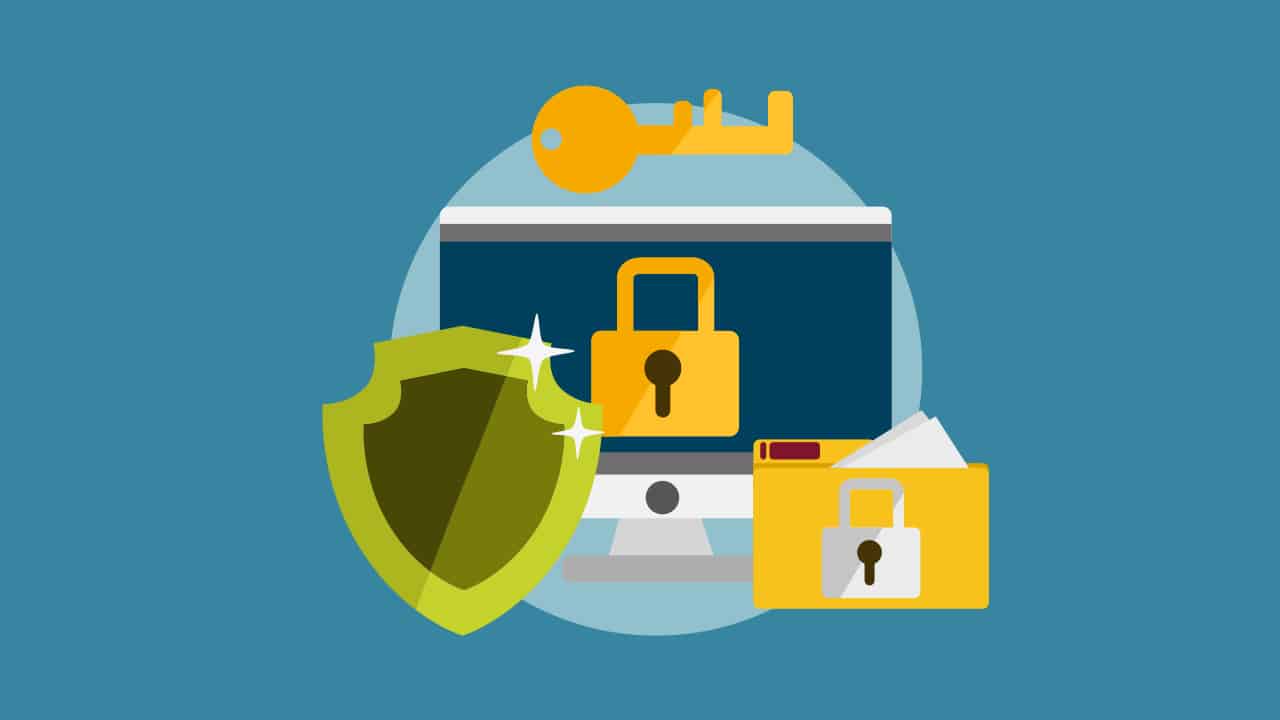One of the most important things in the online world that you should be dearly concerned about is security. And it doesn’t limit to just email or bank accounts; it also includes social media accounts that provide valuable, personal information. Furthermore, imagine if you use social media as part of your business, think about the damage if, God forbid, your account(s) would be hacked. Not only can someone actually steal money from you – if you have credits on that platform – but they can also use your account for fraudulent acts such as scamming your friends or family. It would be a catastrophe! That is why it’s always important to level up your security.


[tweetthis twitter_handles=”@1alexkhan”]How to make sure your accounts on social media are secured and always protected. Read here:[/tweetthis]
Here Are Three Powerful yet Easy Tips to Secure Your Social Media Accounts
Strengthen Your Passwords!
As simple as it is, it absolutely is effective at securing your account. But most of you might not be aware when is a password considered strong. Some will say that adding numbers or it should be more than eight characters. However, in my opinion, a strong password doesn’t need to be really long. It just has to be very mixed up. What I mean by that is it shouldn’t be readable at most. Try avoiding names, or if you must, use uppercase letters and replace vowels with characters.
Just for example: instead of AlexkhaN456, try making it @l3xKH@n. Although definitely, it is shorter, it is still stronger as it’s incredibly jumbled up to the point where reading it is exceptionally challenging. Use every available character and jumble them up. Also, try not to use the same password on every social media platform. If that is too burdensome, just add an extra number at the end or letter – @l3xKH@n0 or @l3xKH@n9.
Be Cautious When Clicking Links on Social Media
One of the most common reasons nowadays why social media accounts get hacked is because of visiting malicious websites through click baits on social media platforms – Facebook has loads of them. If you suspect a link, instead of opening it right away, you can always copy the link first and Google it. If you use chrome, don’t place it in the URL box (most of us have this hobby of googling right away in that box).
Go to Google.com, and put the link. That way, you can see a preview of the site on Google’s results page, and you can further assess it. You can even try searching the landing page if it’s safe by just adding the keyword “safe, scam, or review” next to the site’s name in the search box. Most of these types of post are click baits with featured images that look like as if an uploaded video. Remember, videos on Facebook have a hyperlinked text that says “video” on it, if it doesn’t have one, better check it first before tapping or clicking on it right away.
Never Encode Your Password or Register on Suspicious Websites
Another fairly common reason why people gets their account hacked is that they merely gave it away. Remember, legit websites will never ask for your password if you simply want to subscribe to their newsletter. The only time you put a password is when you have to register. If it’s a small website, make sure to search for reviews about it first and double or triple check their authenticity. Overall, just don’t give away your password just because a popup says so.
